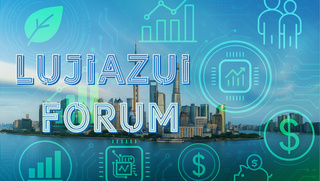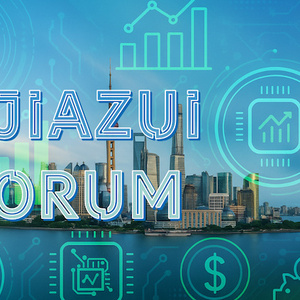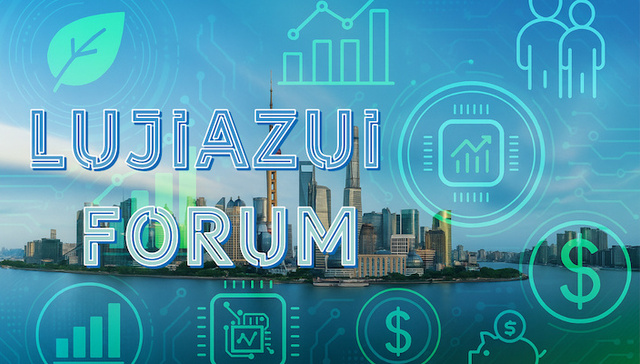by YANG Zhijin, HE Liuying
In an exclusive interview with Jiemian News during this week's Lujiazui Forum in Shanghai, Hubertus Väth, managing director of Frankfurt Main Finance, emphasized China's growing importance to global markets and supply chains. He noted a revived vibrancy in Shanghai and a wider recognition in Europe of China's significance in shaping global economic trends.
Väth pointed to financial services as central to Shanghai's ambition of becoming a leading international financial hub. As the country confronts rapid population aging, he believes finance will be instrumental in supporting sustainable pensions and economic stability. His remarks echo the policy direction outlined in a new joint action plan released by China's National Financial Regulatory Administration and the Shanghai municipal government, which calls for expanding inclusive, retirement, and digital finance.
Founded in 2008, Frankfurt Main Finance represents over 70 members, including German financial institutions, universities, and regional governments. The group advocates for Frankfurt's development as a global financial hub and promotes international collaboration.
On China's role in the green transition, Väth highlighted its dominance in clean energy investment. According to the International Energy Agency, China is set to lead global clean energy spending again in 2024, with investments expected to reach US5 billion. He noted that China's technological capabilities in renewables are already benefiting Central Asian countries and could further support emerging markets.

Väth also commented on China's Belt and Road Initiative, citing visible economic activity by Chinese firms in Central Asia as evidence of its expanding influence. While acknowledging rising protectionism, he argued that regional economic integration will deepen, and warned against the costs of deglobalization. He also pointed to growing international interest in stablecoins backed by fiat currencies, which could reshape global trade systems over the next decade.





